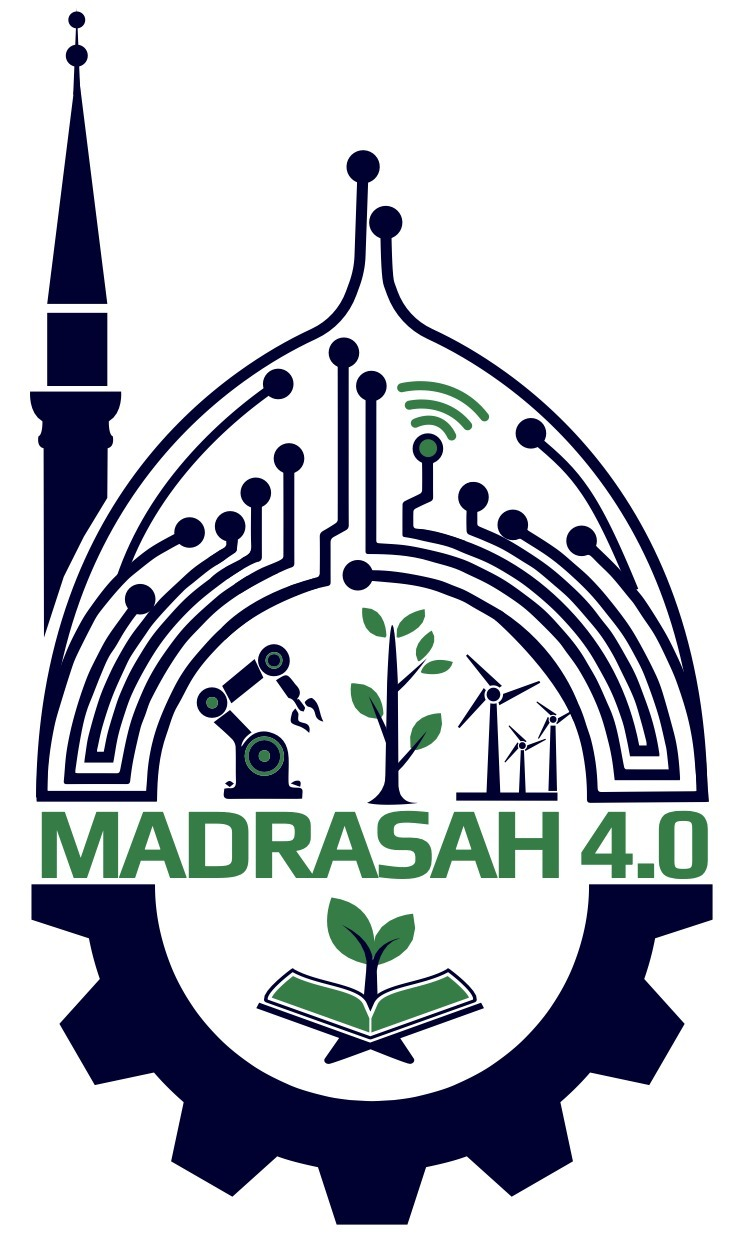
Madrasah 4.0 refers to the integration of Industry 4.0 such as robot, Iot artificial intelligence (AI) into the learning processes, transforming traditional education systems and practices. By leveraging technologies, Madrasah 4.0 aims to enhance personalised learning, improve educational outcomes, and provide learners with more engaging and effective learning experiences.
Here are some key aspects of Madrasah 4.0 and how AI can be applied to learning processes:
-
Personalised Learning: AI enables personalised learning by analysing vast amounts of data about learners, including their strengths, weaknesses, learning styles, and preferences. With this information, AI algorithms can create adaptive learning paths and tailor instructional content to meet the specific needs of each learner. Personalised learning enhances student engagement, motivation, and overall performance.
-
Intelligent Tutoring Systems: AI-powered intelligent tutoring systems act as virtual tutors, providing individualised support and guidance to learners. These systems can assess a student's knowledge, identify areas where they need assistance, and deliver targeted feedback and explanations. Intelligent tutoring systems can adapt their instruction based on the learner's progress, providing personalised support throughout the learning process.
-
Intelligent Content Creation: AI can assist in creating educational content by automating certain tasks. For example, AI algorithms can generate interactive simulations, virtual reality experiences, or multimedia materials that enhance the learning process. AI can also help in curating and recommending relevant educational resources based on learner profiles and learning objectives.
-
Data Analytics and Learning Insights: AI-powered analytics tools can process large volumes of educational data, including student performance, engagement, and behaviour patterns. These insights can help educators identify areas where students are struggling, track their progress, and make data-driven decisions to improve teaching strategies. AI can also predict student performance and provide early intervention for at-risk learners.
-
Smart Classroom and Learning Environment: AI technologies can be integrated into the physical learning environment to create smart classrooms. For instance, AI-powered devices can provide real-time language translation, facilitate voice-controlled interactions, or support immersive learning experiences through augmented reality (AR) or virtual reality (VR). AI can also automate administrative tasks, such as grading assignments and managing student records, freeing up teachers' time for more meaningful interactions with students.
-
Lifelong Learning and Skills Development: AI can play a crucial role in supporting lifelong learning initiatives and upskilling efforts. Intelligent learning platforms can identify skill gaps and recommend personalised learning pathways to help individuals acquire new skills or update their knowledge in rapidly evolving fields. AI-powered chatbots and virtual assistants can provide on-demand support and answer learners' questions, fostering continuous learning beyond the traditional classroom.
While Madrasah 4.0 offers numerous benefits, it is important to address potential challenges such as privacy concerns, bias in AI algorithms, and the need for teacher training to effectively integrate AI into the learning process. Ethical considerations should also be taken into account to ensure the responsible and equitable use of AI in education.
- Log in to post comments
